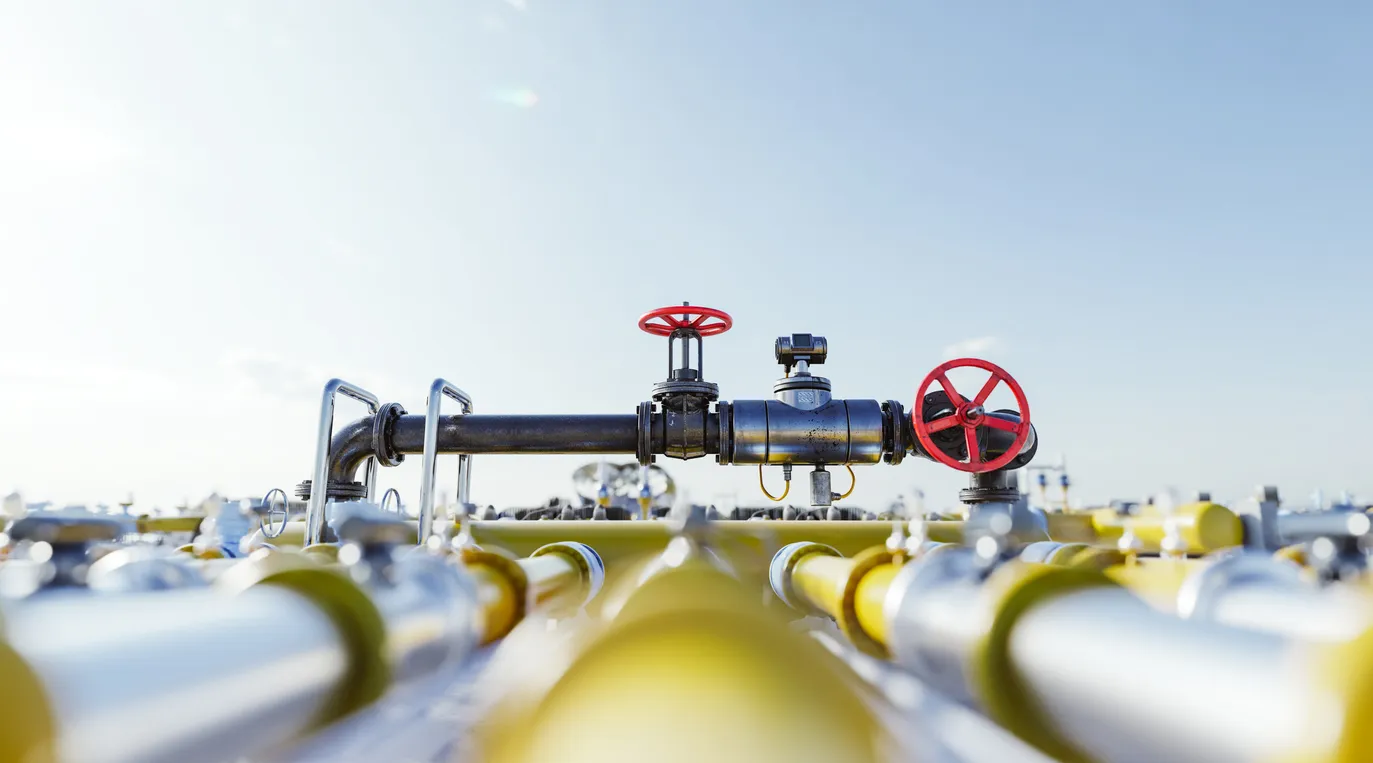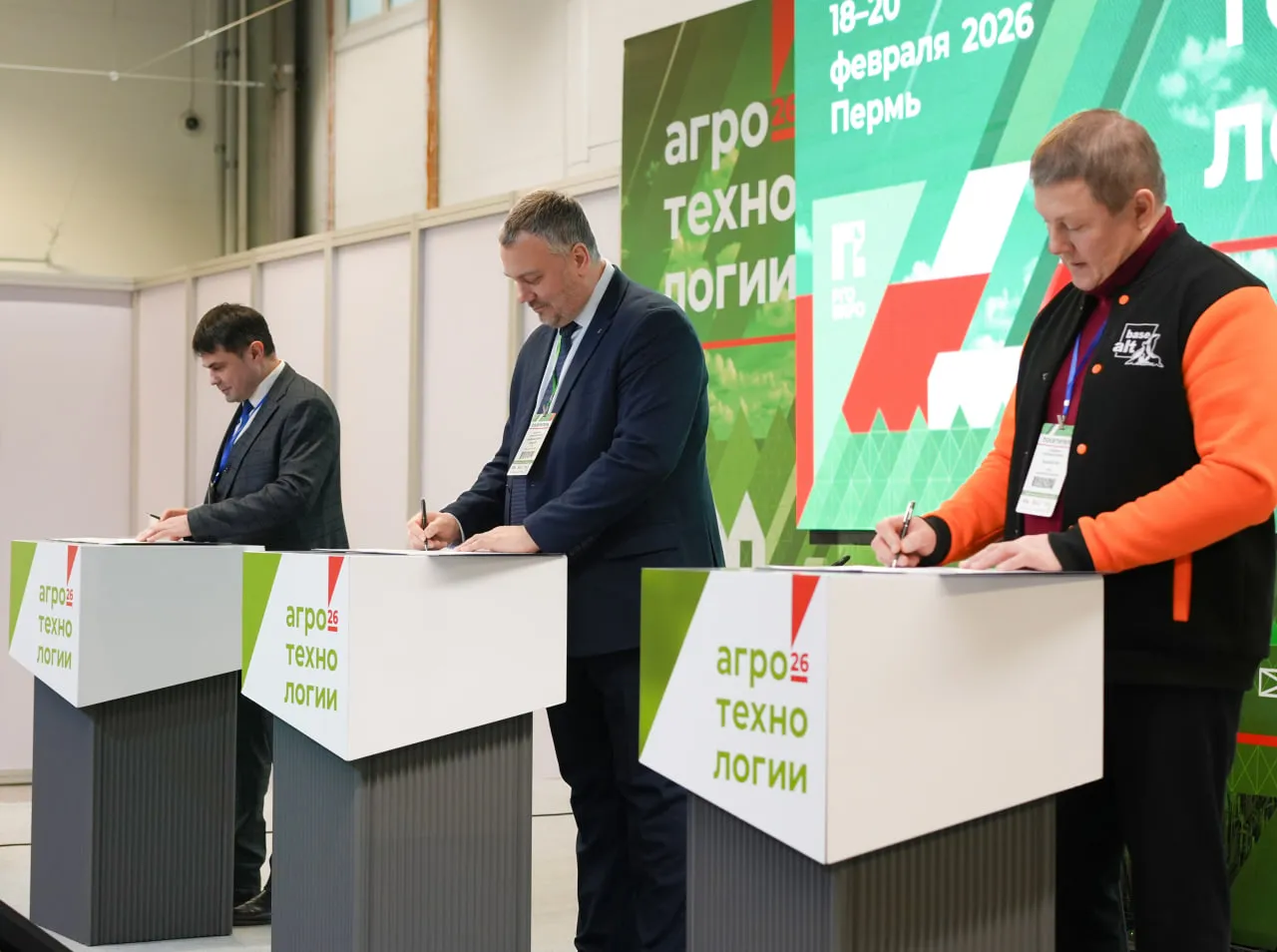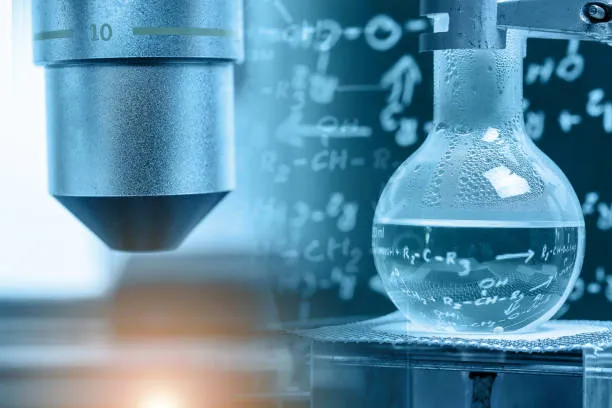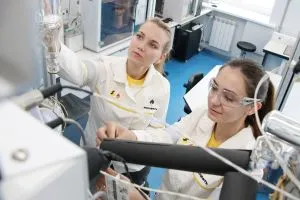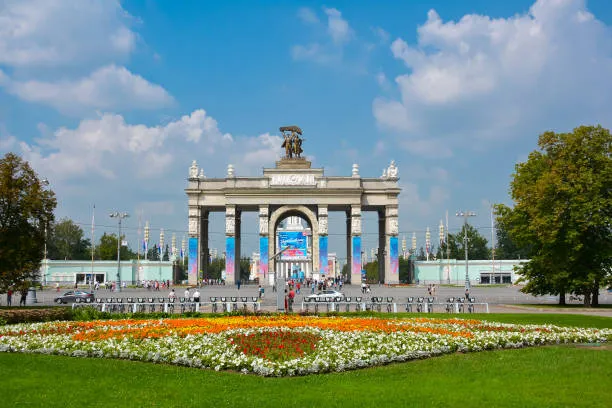Andrey Korolyov: “The Introduction of Artificial Intelligence in Russia’s Nuclear Industry Is No Longer a Hypothesis but a Reality”
Russia’s nuclear sector has transitioned from experimental AI initiatives to active, full‑scale implementation—improving efficiency, strengthening safety, and redefining the future of high‑tech energy production.
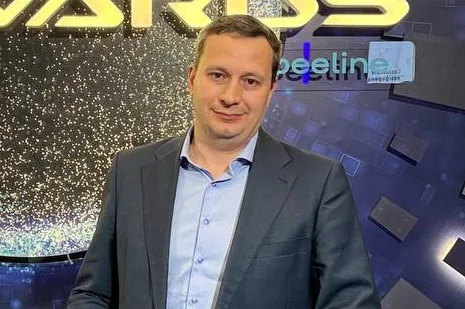
AI Moves Into Practical Deployment
At the AI Journey international conference in Moscow, Andrey Korolyov, Deputy Director for Information and Digital Technologies at the Rosatom State Corporation, announced that AI technologies are no longer limited to pilot projects. They are now embedded in real industrial workflows across Russia’s nuclear sector.
Korolyov described several initiatives already transforming management and production processes in one of the world’s most technologically demanding industries. A major global trend, he noted, is the integration of energy‑generation sites—such as nuclear power plants—with powerful data‑processing centers to support AI algorithms. The Kalinin Nuclear Power Plant is a leading example where this model has been implemented.
Rosatom’s digital transformation efforts are yielding measurable results. Among them are an intelligent operator‑support system, video‑analytics tools that detect whether workers comply with safety‑clothing requirements, automated weld‑quality control, and AI‑based prediction of material properties for fuel‑rod components. The strategic goal is to ensure balanced development of artificial intelligence, data‑center capacity, and the national energy‑supply system, especially as demand for computational resources continues to grow.
Toward a Universal Industrial AI Platform
He noted that Rosatom’s long‑term trajectory involves building a universal industrial platform. In the future, AI will handle a wide spectrum of tasks: managing automated production lines, performing generative design of new equipment, and accurately modeling material behavior under various conditions.
These innovations contribute to the advancement of global nuclear energy, setting new benchmarks for efficiency, reliability, and technological progress.




